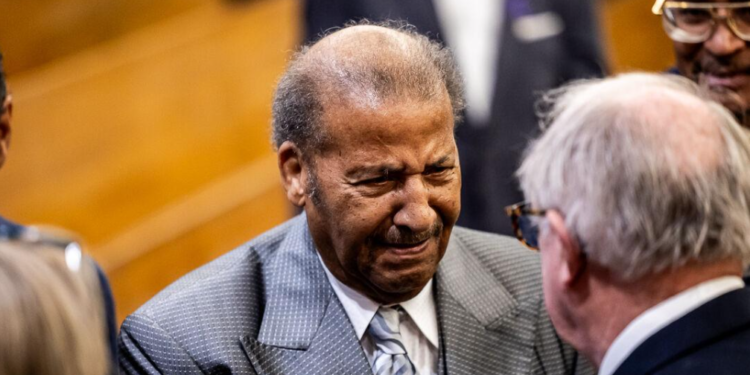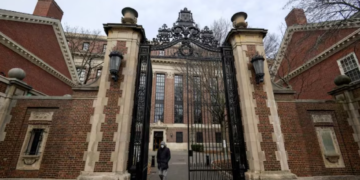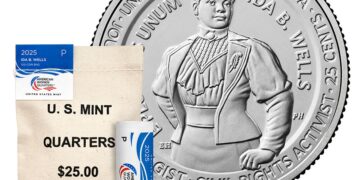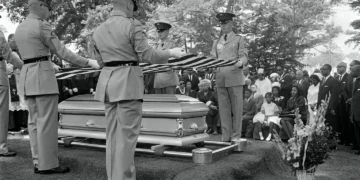Oct 27, 2024 Story by: Editor
On October 25, Simon Bouie and six others had their arrest records cleared over six decades after staging a sit-in at a whites-only lunch counter in Columbia, South Carolina. As reported by The Associated Press, the order for their record expungement was signed by a judge just a few blocks from where they were originally detained.
Before joining the protest, Bouie reassured his mother he wouldn’t cause trouble, keeping this in mind as he and his fellow activists sat peacefully at the Eckerd Drug Store counter.
“We had a desire to fight for what was right and nobody could turn us around. We walked in that building with our heads held high and sat down,” Bouie told the AP.
While South Carolina wasn’t the birthplace of the sit-in movement—that began in Greensboro, North Carolina—Bouie and his group’s demonstration was instrumental in challenging Jim Crow laws in South Carolina and across the South.
Of the seven men arrested during the protests, only Bouie and Charles Barr remain alive to witness the expungement of their records. The other five—David Carter, Johnny Clark, Richard Counts, Milton Greene, and Talmadge Neal—were symbolized at the ceremony by white roses.
Reflecting on the movement, Barr told the AP, “It made me feel good we were a part of this movement that had helped to make everything easier for everyone to get along a little better in South Carolina.”
University of South Carolina professor Bobby Donaldson emphasized that the men who passed before seeing justice valued the future impact of their actions over personal freedom.
“In 1960, they were victimized. Today, they are vindicated. In 1960, they were prosecuted. Today, they are praised. In 1960, they were convicted. Today, they are exonerated,” Donaldson said.
Although their convictions were overturned by the Supreme Court shortly before the Civil Rights Act of 1964 was enacted, the arrests had remained on their records.
Solicitor Byron Gipson, who led the process to expunge their records, praised the men as heroes. “These men stood bravely—sat bravely, quite frankly—in the face of adversity, in the face of threats, in the face of death. They did it because they wanted to guarantee the Constitution applied to all Americans,” Gipson stated at the ceremony.
Judge Robert Hood, who signed the expungement order, addressed the 150 attendees in the courtroom.
“These heroes stood firm against oppression often at great personal cost. They dared to dream of a world where equality is not an aspiration, but a reality,” Hood said. “Their unwavering commitment to justice serves as a beacon of hope and inspiration to us all.” Source: Black Enterprise

















